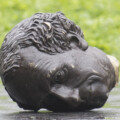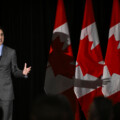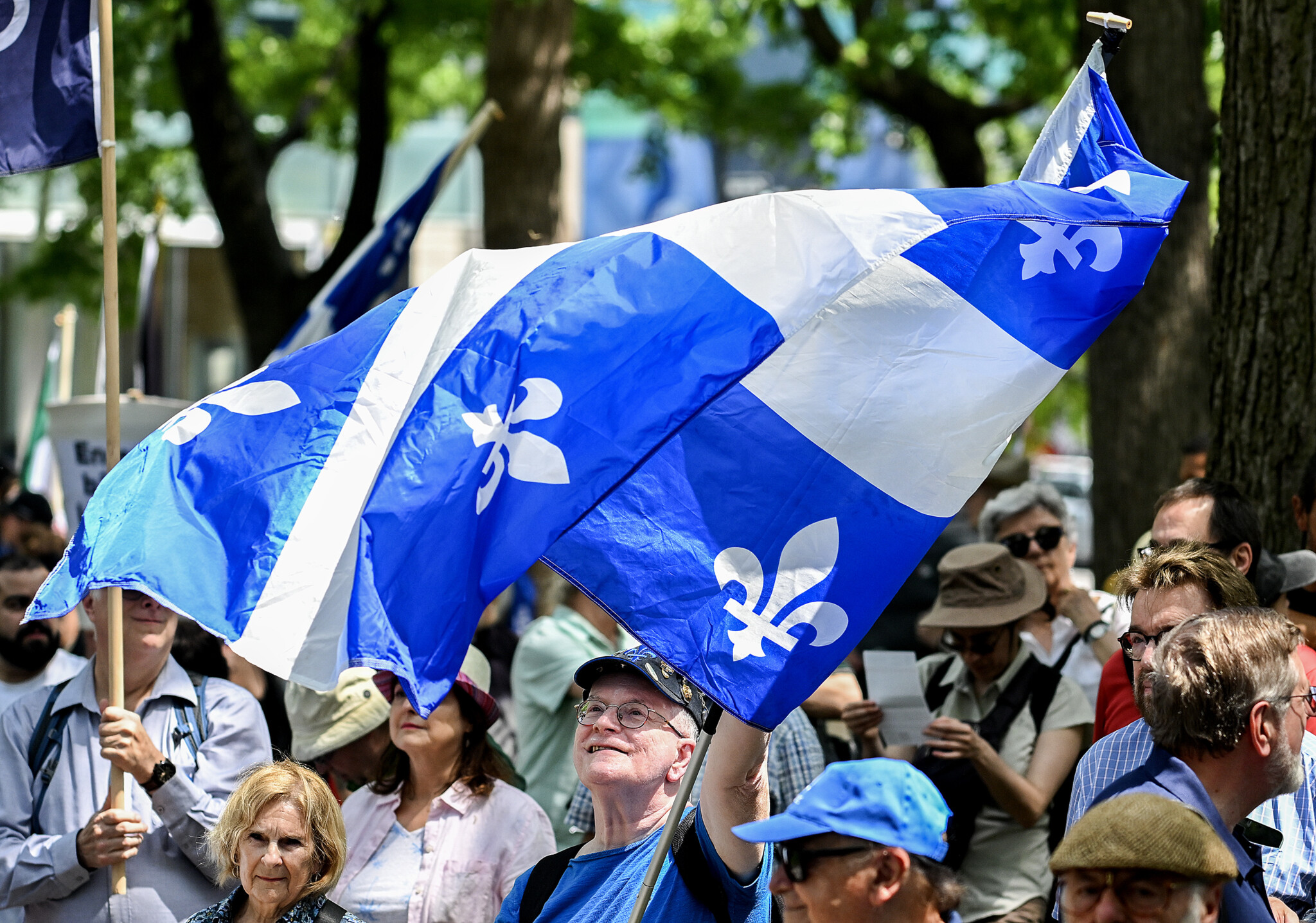Over the last few years, Quebec has been labelled by the media as both the “least conservative province” in Canada, but also simultaneously as the province “leading the fight against wokeism.” The dynamic is fascinating and makes la belle province an outlier in a nation perceived by many to be consumed by left wing identity politics.
For some, the idea of a socially liberal society that rejects woke ideology may sound strange, but it’s exactly what we’ve seen in Quebec, as well as several European countries that are not addicted to American culture, media and entertainment.
Progressive Quebec
Quebec is indeed a very liberal place. It is the only province where Pierre Poilievre’s Conservatives are not in the lead. In fact, Conservatives have not won the majority of seats in the province since 1988.
Of all Canadians, Quebecers are the most supportive of a woman’s right to an abortion (89 percent). Quebec became the first Canadian province to legalize physician assisted suicide in 2014, and a decade later, is the “world’s euthanasia hotspot” with a regime so lenient that it has many experts worried.
Quebec was the first province to protect gay people from discrimination in 1977, and polling shows Quebecers today are among the most likely to speak up against homophobia and transphobia.
Quebec is also the least religious province in Canada. A 2022 poll found that 64 percent of Quebecers don’t believe in a God, more than 70 percent say religion isn’t important in their life. Just 22 percent of Quebecers regularly attend religious services. Amidst this lack of religion, more couples in Quebec opt for common law relationships than marriage. According to Statistics Canada, there are more common law couples with children (48.5 percent) in Quebec than married couples with children (45.2 percent). Secularism has also become state law, with religious symbols being banned in government institutions, something supported by the majority of Quebecers.
Add to that, Quebec’s ultra progressive environmental record, with a net-zero agenda, that seeks to radically transition away from oil and gas.
But while Quebec continues to have a liberal legacy, the province has also repeatedly said no to wokeism.
Rejecting woke
At the height of the Black Lives Matter movement, Quebec Premier François Legault repeatedly rejected claims that Quebec is a systematically racist province. Rather than defund the police, Montreal’s left-wing mayor Valérie Plante opted to give them more money. In fact, polling shows that Quebecers may be just as wary of “defunding” the police as Albertans.
Quebec has also seen a multi-partisan pushback against “diversity, equity and inclusion” (DEI) initiatives that discriminate against white men. In 2022, the Quebec National Assembly unanimously passed a motion promoting merit based hiring instead of DEI quota based hiring.
Quebec politicians have also rushed to the defence of Caucasian professors being cancelled by anglophone students over their use of the “N-word” in academic contexts. Quebec Liberal Party leader Dominique Anglade, the province’s first black woman party leader, was among those who defended the professors, declaring that, “political correctness has gone too far.” The province now has the strongest campus free speech legislation in the country.
Uniquely, the use of the “N-word” seems to have become a litmus test for Quebec politicians. During one of the 2022 provincial election debates, the leader of the left-wing Parti Quebecois Paul St-Pierre Plamondon made the leader of the even more left-wing socialist Quebec Solidaire party, Gabriel Nadeau-Dubois, say the title of FLQ intellectual leader Pierre Valiere’s famous book, White N****** of America, on live TV to demonstrate that he wasn’t woke. In English Canada, mentioning this book’s name, even behind closed doors, will end your career.
Recommended for You

Ginny Roth: How vacant liberal nationalism left Canada worse off than George Grant even imagined

Peter Menzies: Justin Trudeau’s legislative legacy is still haunting the Liberals

‘Our role is to ask uncomfortable questions’: The Full Press on why transgender issues are the third rail of Canadian journalism

Need to Know: Mark Carney’s digital services tax disaster





